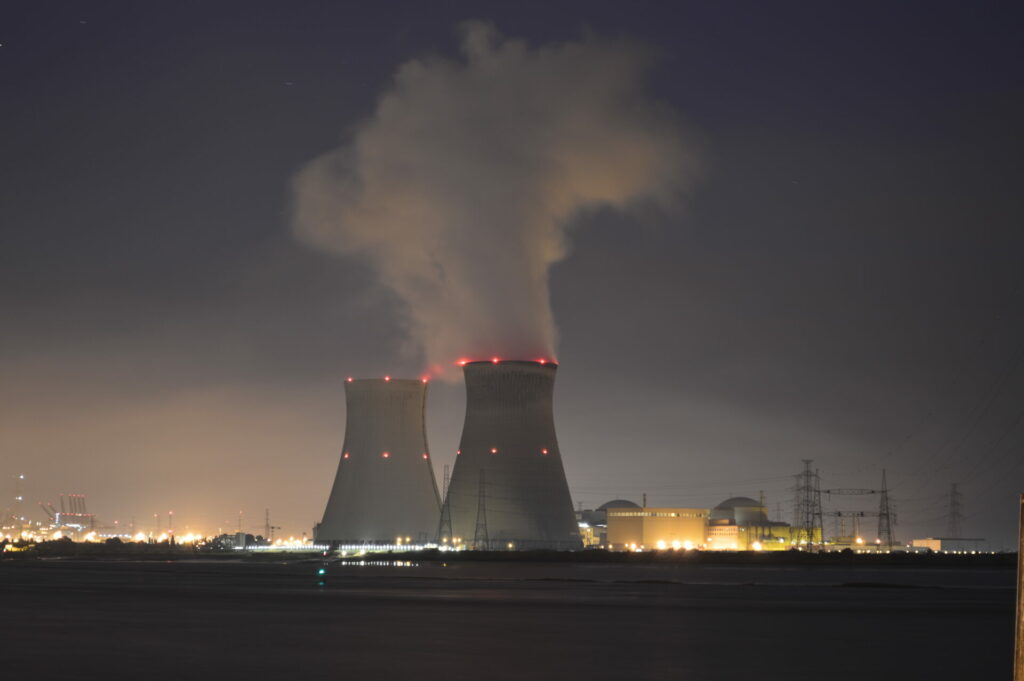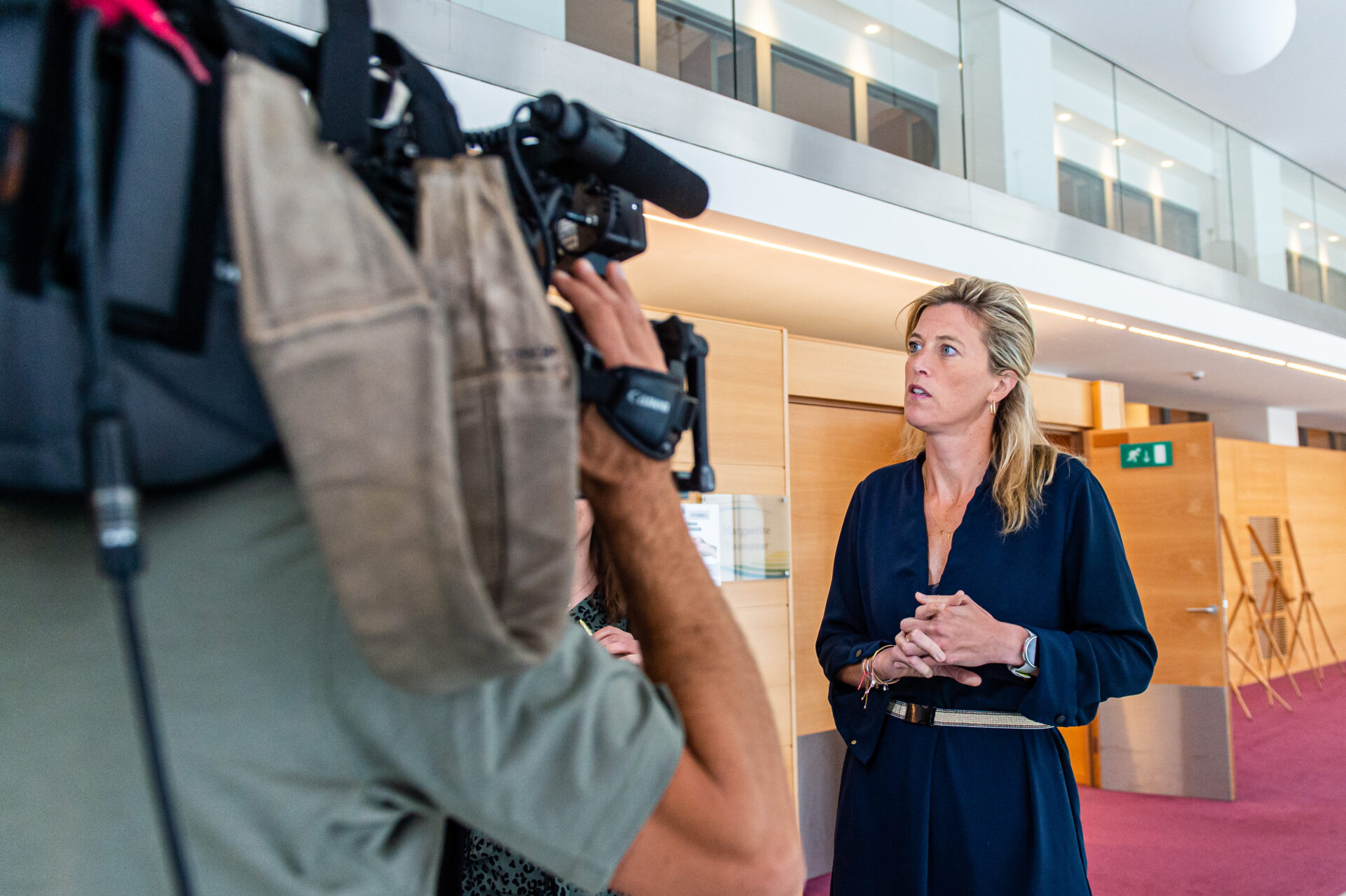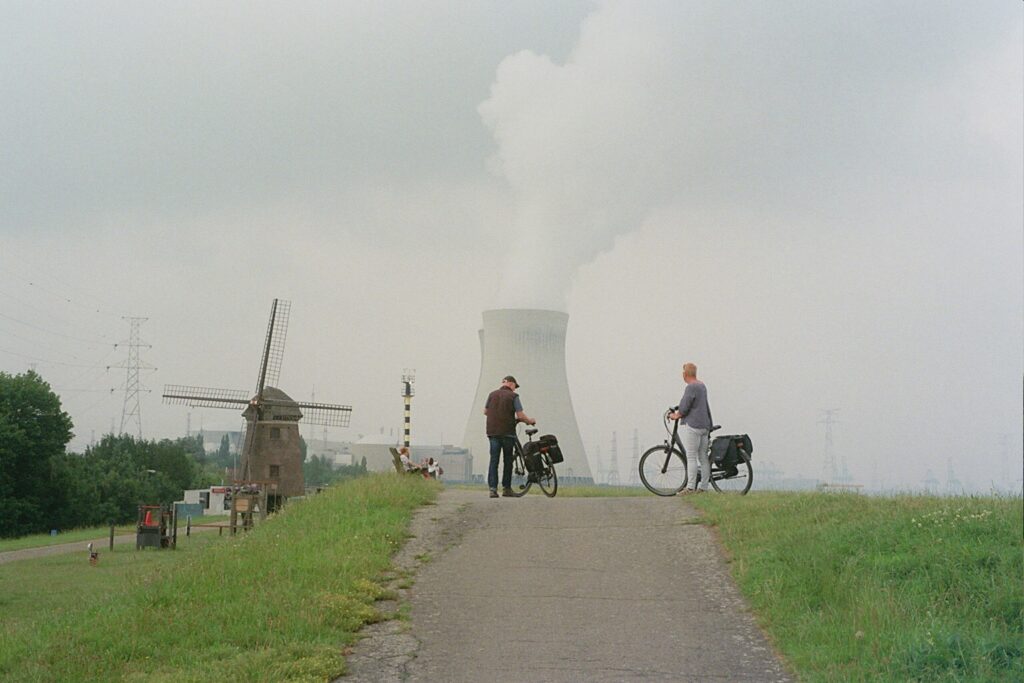Despite calls from members of the Federal Government to postpone the dismantling of the Doel 3 nuclear reactor, both the operator Engie and the reactor's director have confirmed that it will be permanently shut down on Friday.
In 2003, the Federal Government passed a law that nuclear reactors would have to stop producing electricity 40 years after their installation.
This was in part an agreement to appease the Green parties in government who have been noteworthy for their long-standing opposition to nuclear power.
In spite of this, the Doel 1 and 2, as well as the Tihange 1 reactors (that started producing power in 1985) were allowed to extend their operations until 2025.
The same extension was then applied to Belgium's most recent reactors, Doel 4 and Tihange 3, earlier this year. This decision comes in light of the energy crisis that has engulfed Europe and is intended to guarantee energy security in Belgium. Discussions between the Belgian Government and Engie are currently taking place to decide how they will now run until 2035.
To close or not to close?
All eyes are now turned to the Doel 3 and Tihange 2 reactors, whose shutdowns were scheduled for 2022 and 2023 respectively. After strong arguments on both sides, it was announced on 23 September that Doel 3 will be permanently dismantled and will cease all production by 1 October onwards.
However, on 14 September, the Federal Interior Minister Annelies Verlinden threw a spanner in the works by calling for the planned closure to be delayed.

Doel nuclear power station. Credit: Wikimedia Commons.
Verlinden, who is also in charge of nuclear safety, had sought to postpone the closure as momentum gathered for nuclear energy as a stable and dependable source of electricity. Keeping the reactor open would safeguard over 50% of Belgium's yearly electricity needs.
In the days that followed, intense media coverage focussed on the potential postponement. But after discussions with the reactor's management and operators, the postponement was scrapped.
Just hot air?
Engie spokesperson Nele Scheerlinck confirmed to The Brussels Times that no plans are now in place to prolong the reactor's operation: "The decision was made years ago," Scheerlinck said. "To change plans at such short notice is just not feasible."
Other than the logistical challenges that renewing the reactor would bring, there are also legal barriers that would need to be overcome: "It is legally prohibited for the reactor to produce any more electricity after 1 October 2022," Scheerlinck stated. This is written into Engie's operating licence.
Furthermore, the power plant's director Peter Moens told Belga News Agency that delaying the shutdown was "neither wise nor advisable", not least given that most of the staff working on the reactor have already planned to work elsewhere.
So was the much-vaunted delay only an internal government discussion? "We did not receive any request (from ministers) for these reactors to be kept open," Scheerlink asserted.

Federal Interior Minister Annelies Verlinden talks to the press before a parliamentary session about the closure of the Doel 3 nuclear reactor. Credit: Belga.
To that end, one could assume that Verlinden, like many other politicians in times of crisis, did not want to be seen as passive in the face of Belgium's huge energy problems.
By publically supporting the nuclear option without actually going through the necessary legal motions to ensure the reactors would be prolonged, did Verlinden genuinely try to save Belgium's reactors or was she simply posturing?

